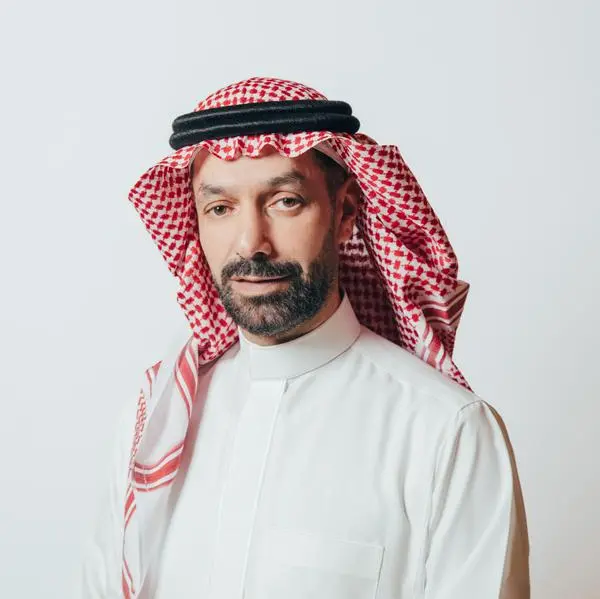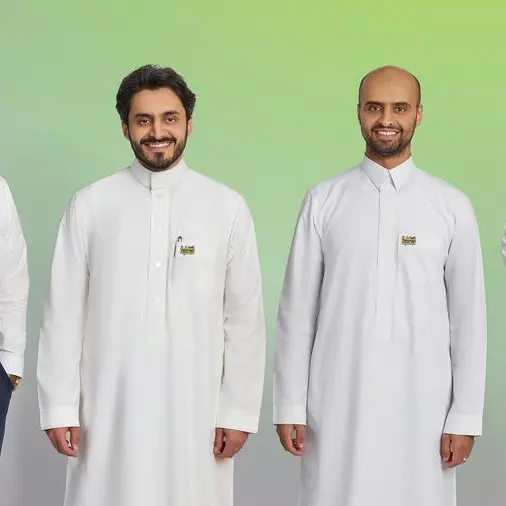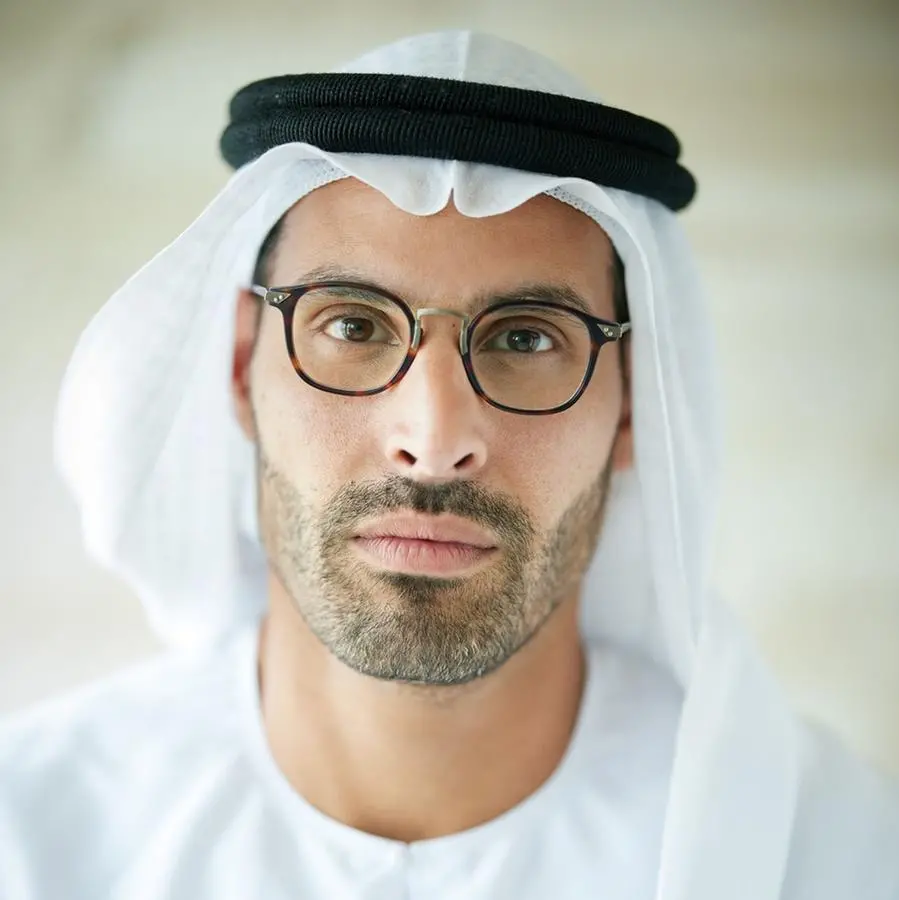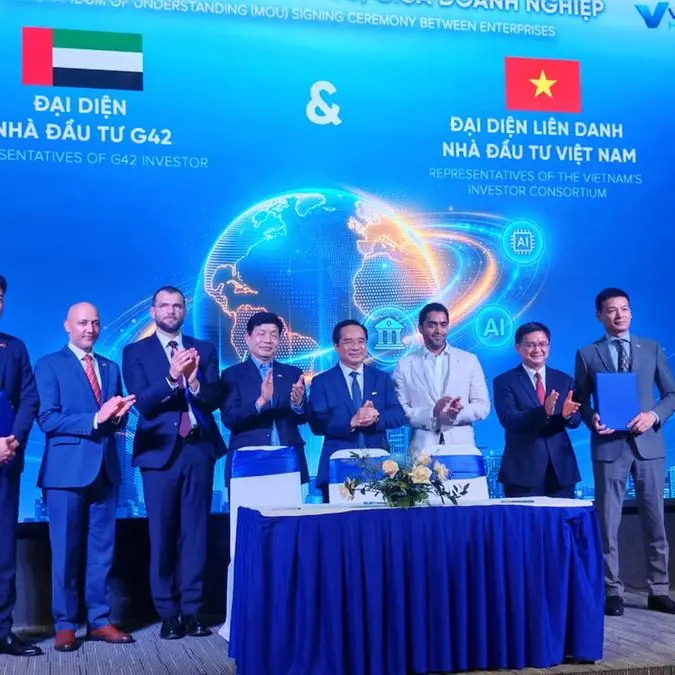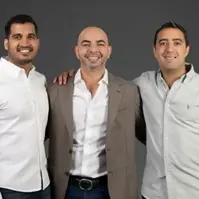
A special committee involving representatives from nomadic groups and host communities has been set up to monitor the implementation of local agreements and help draft new laws governing resource management in an effort to reduce conflict in Northern Bahr El-Ghazal.
Tensions often rise over the sharing of natural resources between Falata pastoralists, a West African nomadic tribe which moved and settled in the Aroyo and Awada areas in 2005 seeking water and grazing land for their animals, and the Luo and Dinka Malual host communities who rely on farming for their economic survival.
The groups were brought together for a three-day internal border conference by the Civil Affairs Division of the United Nations Mission in South Sudan in Aweil to discuss issues such as the cutting down of trees and burning of grass, killing of animals, and scarcity of water.
“Trees such as the lulu and tamarin are important to us as the host community,” said Lual Diing, on behalf of the Dinka Malual. “These are often cut down and destroyed and bushes are burnt. This must stop so that we can all benefit from our local environment.”
A number of resolutions were made at the conclusion of the conference and the new joint committee was established to help monitor and implement the agreement.
“We brought the groups together to discuss how they can identify challenges that may trigger violence and find ways to overcome them so there can be peaceful coexistence,” said UNMISS Civil Affairs officer, Ma Inecita Motero. “We are pleased that the three communities came up with mutually agreeable local and traditional mechanisms where they can address and manage any issues that may arise to prevent conflict.”
Agriculture is key to the economy in Northern Bahr El-Ghazal, ensuring that communities have access to healthy food and incomes. The agreement between the groups will support the equitable sharing of resources, ensure that trees cannot be randomly cut down, and that local authorities will be notified of any movement of stock or unlawful activity.
“It is important that the pastoralist Falata group and agriculturalist host communities agree on where to keep their particular animals to reduce tension. These communities must share resources and live together in peace,” said the Minister for Peacebuilding, Abuor Gordon.
The Deputy Governor of Northern Bahr El-Ghazal, Tong Lual Ayat, said the government is working on development projects that will deliver dividends to the three communities if they are able to live peacefully together.
“For development to reach this area, we have to connect it to other locations by building new roads to enhance trade and economic growth,” said Tong Lual Ayat. “But development does not come from nothing. It only comes when there is peace.”
Distributed by APO Group on behalf of United Nations Mission in South Sudan (UNMISS).
© Press Release 2021
Disclaimer: The contents of this press release was provided from an external third party provider. This website is not responsible for, and does not control, such external content. This content is provided on an “as is” and “as available” basis and has not been edited in any way. Neither this website nor our affiliates guarantee the accuracy of or endorse the views or opinions expressed in this press release.
The press release is provided for informational purposes only. The content does not provide tax, legal or investment advice or opinion regarding the suitability, value or profitability of any particular security, portfolio or investment strategy. Neither this website nor our affiliates shall be liable for any errors or inaccuracies in the content, or for any actions taken by you in reliance thereon. You expressly agree that your use of the information within this article is at your sole risk.
To the fullest extent permitted by applicable law, this website, its parent company, its subsidiaries, its affiliates and the respective shareholders, directors, officers, employees, agents, advertisers, content providers and licensors will not be liable (jointly or severally) to you for any direct, indirect, consequential, special, incidental, punitive or exemplary damages, including without limitation, lost profits, lost savings and lost revenues, whether in negligence, tort, contract or any other theory of liability, even if the parties have been advised of the possibility or could have foreseen any such damages.

